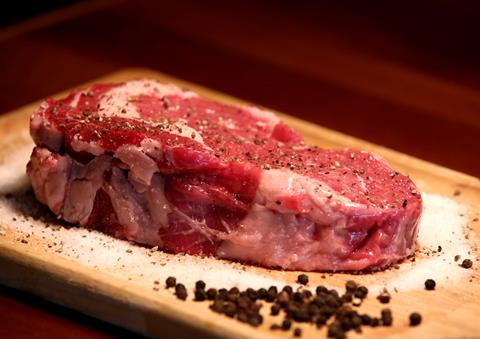
Food prices have climbed for the third month in a row, reaching their highest level for more than a year as the impact of Labour’s budget fed through to supermarket shelves, according to the latest official data.
Prices at the petrol pumps also fell by less than they did a year ago, addig to the unexpected rise in headline UK inflation.
Annual CPI increased 3.6% in June, up from 3.4% in May, according to the Office for National Statistics.
The 12-month inflation rate for food and non-alcoholic beverages hit 4.5% in June 2025, up slightly from the 4.4% recorded in the previous month.
It is the highest recorded since February 2024, but remains well below the early 2023 peak.
On a monthly basis, food and drink prices rose by 0.3% in June, compared with a rise of 0.2% a year ago.
Five categories recorded inflation in double-digits: beef and veal (20.4%), butter (20.0%), chocolate (16.3%), coffee (12.3%), and lamb and goat (10.2%). Prices fell the fastest for olive oil (–9.6%), rice (–3.1%), sugar (–2.6%), and frozen seafood (–1.3%).
The Food & Drink Federation called the rise of food and drink prices in June part of “a concerning trend in 2025”.
Balwinder Dhoot, director of sustainability and growth, said: “Food and drink inflation has consistently outpaced the overall rate of inflation throughout the year, and seen sharp increase in the past 12 months. It was 1.5% in June 2024, up to 4.5% last month, and we expect inflation to rise further this year.
“The pressure on food and drink manufacturers continues to build. With many key ingredients like chocolate, butter, coffee, beef, and lamb, climbing in price – alongside high energy and labour expenses – these rising costs are gradually making their way into the prices shoppers pay at the tills.
“The government’s new food strategy is an opportunity to create a more resilient food system. This should include looking again at the costs and regulations facing food and drink manufacturers in order to address creeping price inflation.”
Despite fierce competition between retailers, the ongoing impact of the government’s budget, combined with poor harvests caused by extreme weather, resulted in prices for consumers rising, the British Retail Consortium said.
“With rising costs already driving up prices at the till, the Chancellor must take action now to protect consumers from inflation rising further,” added BRC director of insight Kris Hamer.
“The proposed business rates reform would drive up costs for many high street stores, limiting investment and pushing up prices for everyone. If the government wants to support households and high streets, they should ensure that no shop pays more as a result of these changes.”
Transport prices rose 1.7% in the year to June, climbing from 0.7% in May.
This reflected a much smaller fall in the price of petrol of just 0.5p per litre from May to June 2025, compared with a 3p drop in the same period a year ago.
Similarly, diesel prices fell by 0.6p per litre in June 2025, compared with a fall of 4.8p per litre in June 2024.
Rising air and rail fares also contributed to rising transport costs.
ONS’s acting chief economist Richard Heys said: “Inflation ticked up in June driven mainly by motor fuel prices, which fell only slightly, compared with a much larger decrease at this time last year.
“Food price inflation has increased for the third consecutive month to its highest annual rate since February of last year. However, it remains well below the peak seen in early 2023.”







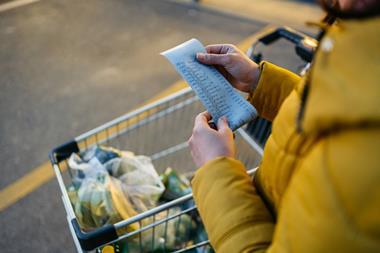
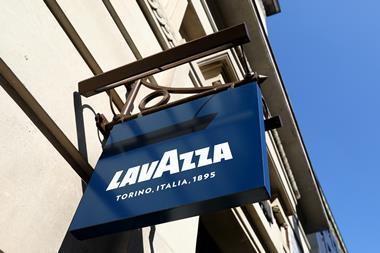
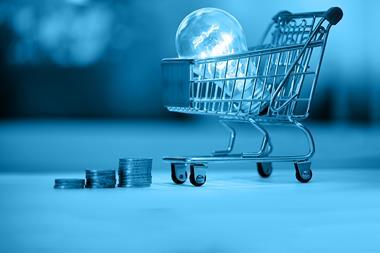
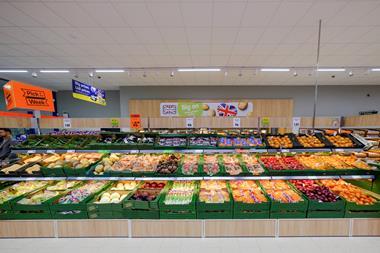

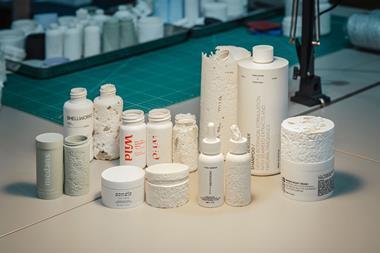




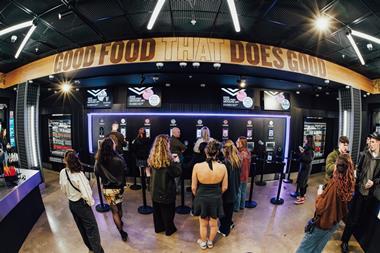

No comments yet